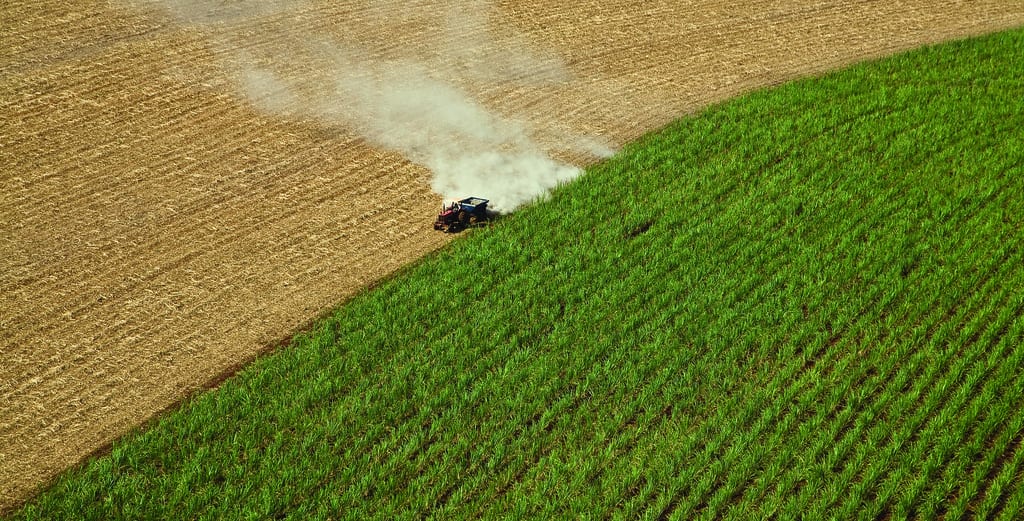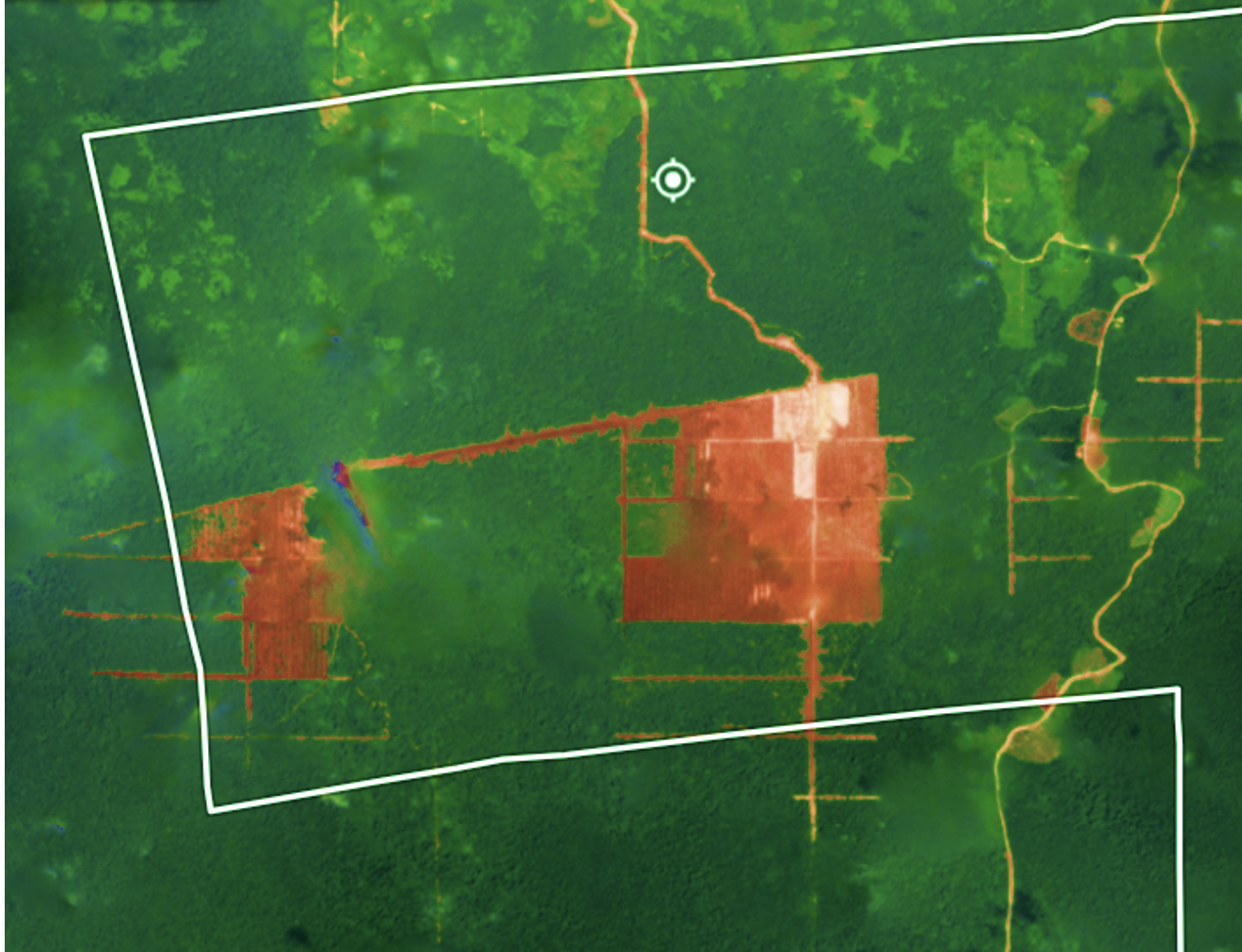
Biodiesel Tax Credit Advances Despite Major Environmental and Climate Concerns
Food-based biofuels fail to address climate crisis and contribute to environmental destruction in the U.S. and around the world
WASHINGTON, D.C. – Despite environmental and climate concerns about the use of food-based biofuels, in particular soy biodiesel, the House of Representatives Ways and Means Committee voted to advance HR 3301, which provides a two year extension for the Biodiesel Tax Credit at a cost of approximately $3 billion annually.
In response, Clean Air Task Force and National Wildlife Federation have joined with Mighty Earth in calling for the tax credit to be scaled down to include only more environmentally friendly biofuels, such as waste-based or cellulosic. In its letter to legislators, the coalition voiced serious concerns about the harmful effects of food-based biodiesels, including water pollution in the Midwest and the destruction of natural prairie and forest ecosystems, which releases roughly the same amount of carbon into the atmosphere as the biodiesel proponents claim that it saves. The letter also quoted a New York Times 2018 exposé that quantified biodiesel’s global impacts, noting that U.S. policy supports for biodiesel from virgin oils can be directly linked to “accelerated destruction of Borneo’s forests and the largest single-year global increase in carbon emissions in two millenniums.”
“It is disappointing to see this shortsighted policy advance yet again,” said Mighty Earth Campaign Director Rose Garr. “Food-based biofuels are simply not a serious way to respond to the climate crisis, and the longer Congress pretends otherwise the worse shape we’ll be in. The environmental and climate concerns about food-based biofuels are well-established at this point. There is no excuse for continuing to support an environmentally damaging policy that does nothing to fight climate change and, in fact, can make the problem worse.”
The full letter is reprinted below.
—
June 20, 2019
Dear Representative,
As organizations concerned about climate change, conservation, and food security, we are writing to communicate our concern about the potential reauthorization of the Biodiesel Tax Credit.
Although waste-based biodiesel appears to offer environmental benefits, most of the biodiesel consumed in the United States is made from virgin vegetable oils like soy, canola and palm. By increasing overall demand for vegetable oil, increased biodiesel production puts pressure on agricultural commodity markets and spurs increased agricultural production, which in turn causes the destruction of native habitats and pollutes clean water supplies[1]. Once emissions from related land use change are fully considered, the climate impact of food-based biodiesel is likely on par with or worse than that of fossil fuels[2]. In short, conventional, food-based biodiesel is neither a ‘green’ fuel nor an effective climate change mitigation tool.
A recent New York Times and ProPublica investigation (full article enclosed) into this issue revealed the links between U.S. policy supports for biodiesel and land conversion and climate emissions around the world, especially in southeast Asia. Due to food and land displacement issues, which provided large new markets for palm oil, U.S. policy supports for biodiesel from virgin oils can be directly linked to “accelerated destruction of Borneo’s forests” and “the largest single-year global increase in carbon emissions in two millenniums, an explosion that transformed Indonesia into the world’s fourth-largest source of such emissions.”
As you consider whether and how to offer tax credit support to various technologies through the energy extenders package, we urge you to refrain from subsidizing food-based biodiesel. A better path may be to narrow the scope of the credit to support only truly advanced biodiesels made from ultra-low carbon and waste-based feedstocks, like those that are given preference by the Low Carbon Fuel Standard programs in California and Oregon. We encourage you to limit your support to the type of biofuels that have the potential to improve our environment and climate.
We hope that we will have the opportunity to further discuss this issue with you and your staff.
Sincerely,
Rose Garr
Mighty Earth
Jonathan Lewis
Clean Air Task Force
David DeGennaro
National Wildlife Federation
—
[1] Searle, S. “How Rapeseed and Soy Biodiesel Drive Oil Palm Expansion.” The International Council on Clean Transportation. Briefing. July 2017; US Environmental Protection Agency (EPA), Biofuels and the Environment: The Second Triennial Report to Congress (2018 Final Report) (hereinafter “Second Triennial”), at 97 (https://cfpub.epa.gov/si/si_public_record_report.cfm?dirEntryId=341491).
[2] Hugo Valin, et al. 2015. The Land Use Change Impact of Biofuels Consumed in the EU: Quantification of Area and Greenhouse Gas Impacts, at 39 (Fig. 15).


